District 7 Supervisor Myrna Melgar – whose district encompasses SF State – is one of two speakers at the university’s two-day commencement ceremonies. Melgar will speak on May 26 at the retrospective commencement ceremony for students who graduated from Fall 2019 to Summer 2021. Xpress sat down with Melgar to discuss her thoughts on the graduates, her collaboration with SF State and the RV community along Winston Drive.
Q: How does it feel to be a speaker for this year’s commencement?
A: It feels great and full circle, I have a lot of love and gratitude for San Francisco State. I am an immigrant from El Salvador, we came to the U.S. when I was 12 to San Francisco and my sisters and I learned to speak English. By the time I got to San Francisco State, I had been here for four years. It was a place that I remember so fondly because I got a lot of support, I made a lot of friends who I’m actually still friends with today and it is an institution that supports people like me, people who didn’t follow the path that others did, who had issues. I have a lot of fondness and love for the institution and I am grateful and feel honored to be able to speak.
Q: How do you feel about graduates from 2020 and 2021 having the opportunity to be a part of the commencement?
A: I’m grateful that we can finally do it. We canceled 11 days before it was scheduled at the Chase Center because of the omicron surge. Folks have moved on to do other things, but I think it is important to bring it back and acknowledge it and have the community support for celebrating young people who have achieved this milestone.
Q: How have you and your office supported SF State since it’s in your district? How often do you speak with SF State officials like President Mahoney?
A: So, I work closely with Lynn Mahoney, but also with Jason Porth [vice president for university enterprises] and also with the student government folks. I’m working with San Francisco State, they have a master plan process where they’re going to rebuild some of the buildings. That’s not under city jurisdiction, but I am an urban planner so we have communicated and I’m doing everything I can to support the infrastructure on the city side to help them do that. We are working together on the issue of folks who are living in RVs and cars on Winston Drive and at Lake Merced Boulevard, we are actively working on a solution to those issues. And I find that the administration has been super cooperative and supportive in this. We are working on stuff around student housing because it’s one of the main issues for students at San Francisco State and issues of transportation. You have the Gator Pass, but I think that there is a lot more that we can do to support alternative transportation; bicycles at the connection between the Daly City BART and the campus. I have met several times with Latino students at San Francisco State, because it is now a Hispanic-serving institution. It’s a large population that has needs that we need to focus on and also support with the city and provide visibility and opportunities for folks.
Q: What goals do you have to reduce the cost of rent citywide, especially for upcoming graduates? What can you do to counter rising rent prices?
A: We need to build more housing at all income levels, particularly affordable housing. We need to strengthen rent control protections and support residents facing eviction. We need to also vastly expand the support that the city provides: tenant counseling, eviction protections, affordable housing programs, down payment assistance, assistance in new development, development of accessory dwelling units and cooperatively owned housing.
Q: What steps have you taken to provide a solution to folks living in the RVs on Winston Drive and people unhappy with those vehicles on the road?
A: So I think that having RVs parked on the street is a problem. It is a public right of way and the other issue is that it is uphill from Lake Merced, which is our secondary water source. So if something happens, if there’s an earthquake and the reservoir in the peninsula is compromised, our secondary drinking water source is Lake Merced. So having RVs on Winston and Lake Merced Boulevard without access is a problem because all that stuff gets washed down to the lake. So, with that being said, we have worked closely with San Francisco State, and the Coalition on Homelessness to get to know that community.
The services that this community needs are not like at the Tenderloin or in the Mission because people don’t have a lot of substance abuse issues. People are just poor, they need a deposit, they need a bank account, they need a job that pays them enough to live in San Francisco. And by the way, most of those kids living in the RVs are students in SFUSD schools, so we have been trying to find a safe parking site in the west side. I am working collaboratively with Supervisor Gordon Mar in District 4 because this is the border between District 4 and District 7. And we have identified a couple of sites and have gone through the process of vetting them. The site needs to have adequate sewer, electricity and water to support people parked there.
I think that as a city, if we are to solve the homelessness crisis, we have to be able to address people’s needs at the entire end of the spectrum. So that people don’t fall through the cracks and end up in the worst of the worst, which is what’s happening right now.
Q: How do you address the RV community’s needs?
A: I mean, we treat them with respect, we listen to their needs. This is why we’re working with the Coalition on Homelessness. When the voters passed Prop C two years ago for homeless services, the committee that oversees that money put aside money for a safe parking site. We have the money, now we’re just figuring out where and besides the sewer, water, electricity, is that it has to be close to public transportation, it has to be close to the amenities that people are used to in that community. For example, a bunch of those families use the free food bank at the primary center on the other side of Lake Merced. I think that to answer your question, to treat people humanely is to treat them with respect and to meet them where they are at, not where we want them to be at.
Q: What part of the city are the RV residents moving to?
A: I can’t tell you, it’s not confidential, the neighbors can sometimes be a little bit extra. Before getting people all riled up, I want to make sure that I do my due diligence, that I asked all the right people, we cross every T and dot every I and then when it’s a go, it’s a go. Then I can start working with the neighbors. But up until then, I don’t want people to just kill this idea before it’s fully hatched.
But you have my commitment, I want to make things better for these families, not worse. I want to put them to where, you know, they’re close to the food bank or transportation, all of those things that make their lives doable.
Q: What do you hope that SF State graduates will take away from their college experiences?
A: That this is a time of great change. We are dealing with the climate crisis, the reckoning with racial oppression and injustice, persisting gender inequality and the globalization of the workforce and the ensuing inequality and disparities in that which have been highlighted by the pandemic. But this generation is not the first to come of age during times of change and upheaval and is uniquely poised to come up with solutions and demand that our structures of governance address its needs.





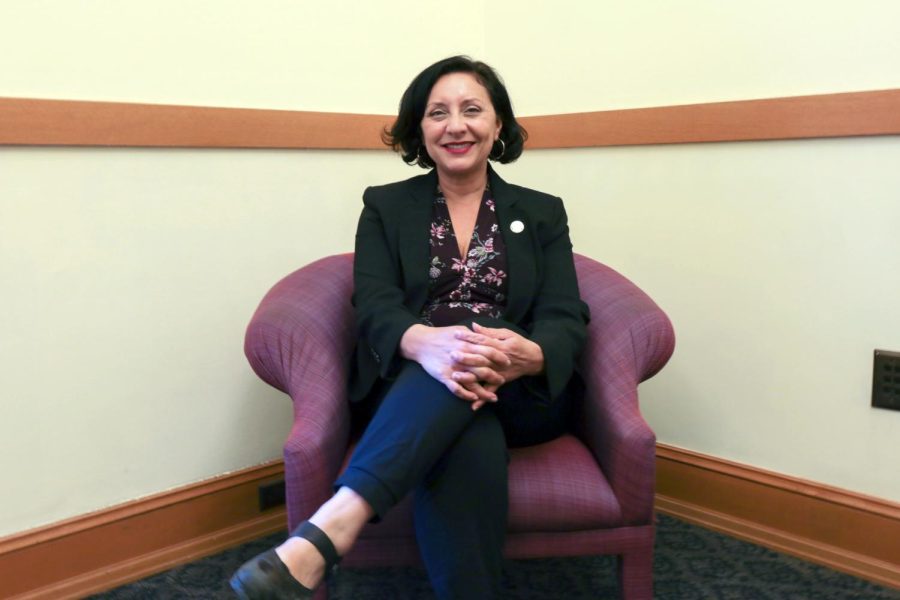
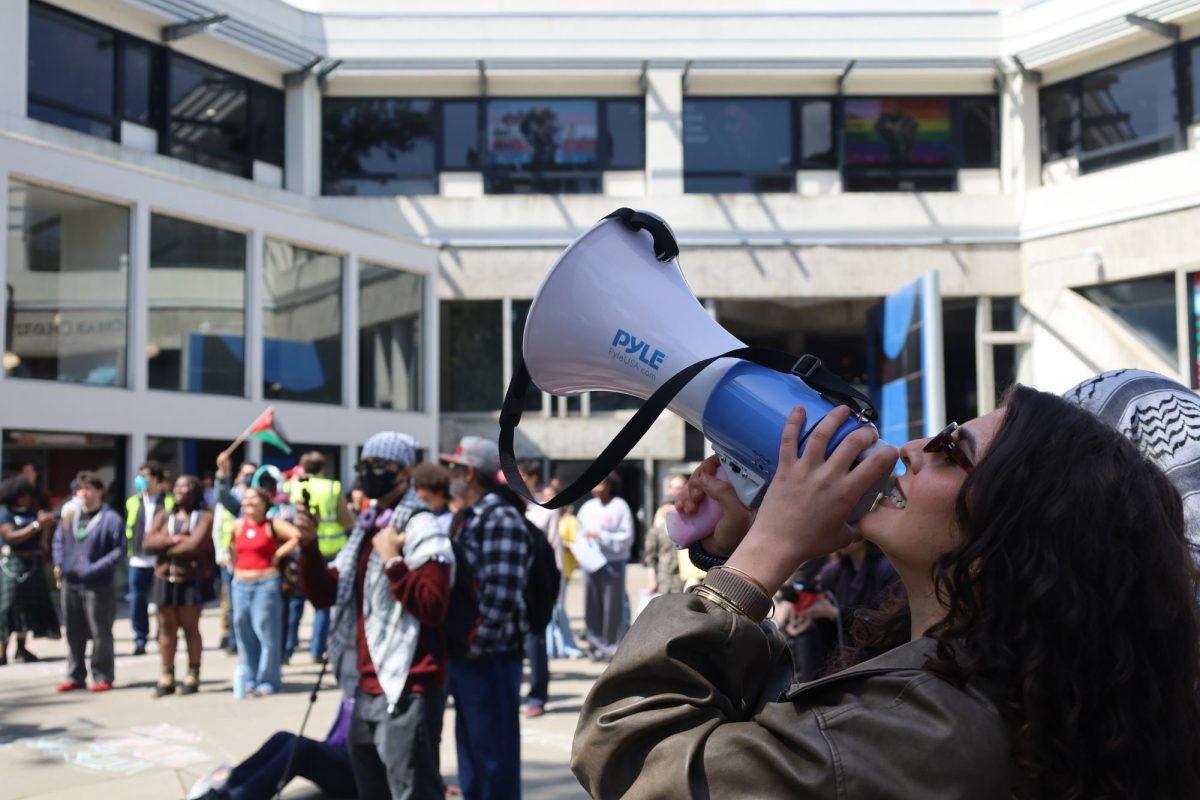
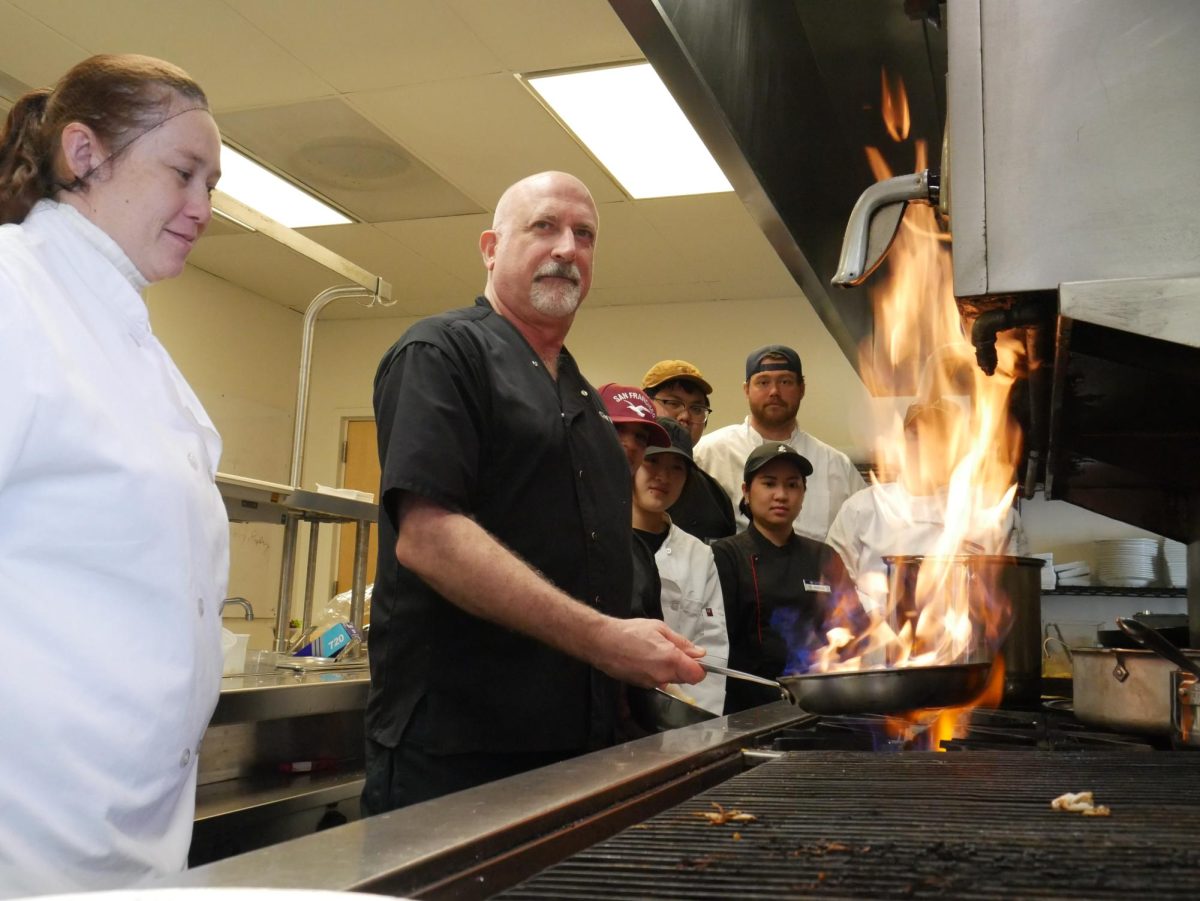
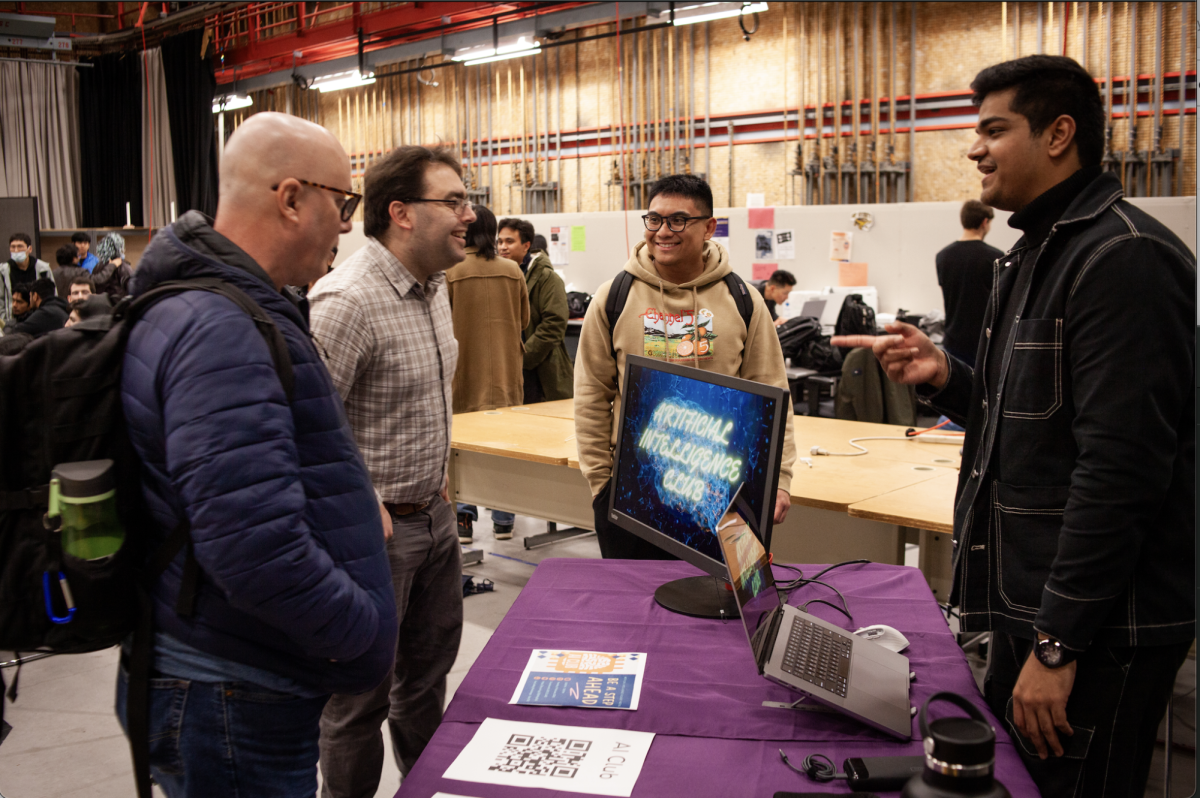

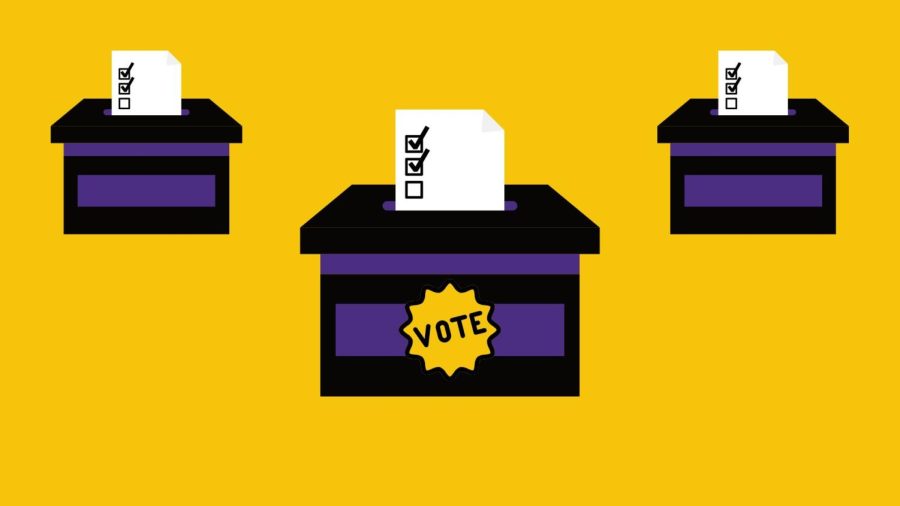
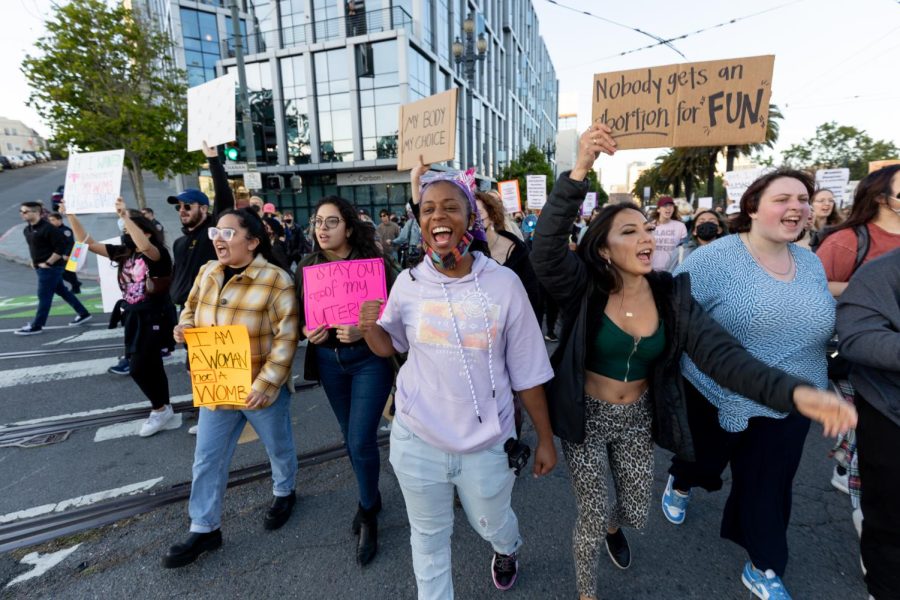
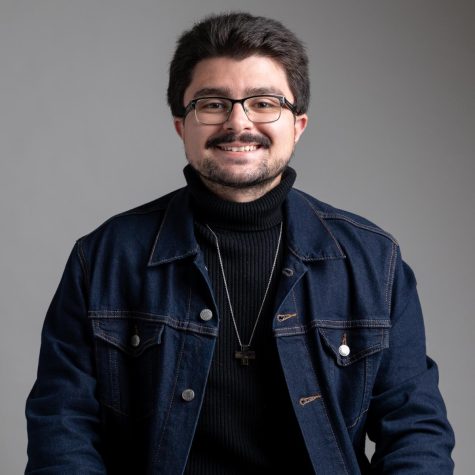
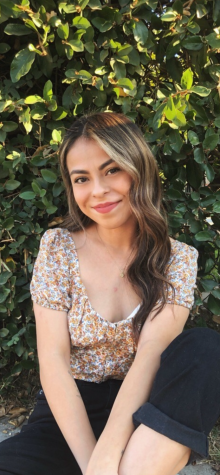

Aaron Goodman • May 22, 2022 at 7:14 pm
The express tries to tackle the growth of sfsu-csu and the impacts however the transition consistently prevents students from learning from past issues and mistakes. The growth of sfsu has consistently impacted neighborhood housing transit and environmental impacts waste and trash and been a constant concern. Prior residents of parkmerced worked to meet with Jason Porth and Corrigan prior to address the growth and transit impacts on D7 including housing issues and costs. Expanding is not the only solution to density it’s a typically negative one when you demolish sound housing for new market rate housing. Suggestions were made to turn UPS into teacher and faculty housing but build big was SFSU’s solution while ignoring the major link transit on the west side….units flip and are no longer under rent control in UPN and UPS therefore sfsu got their fingers into the rent controlled stock of the west side, displacement is the result…